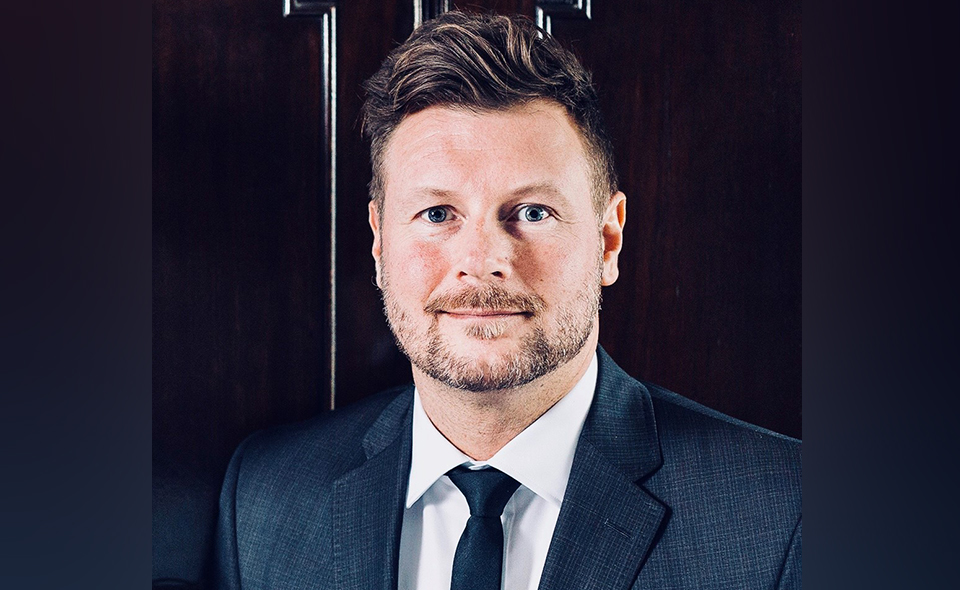Finding the perfect hotel can be troublesome as compromising on sleep is never a welcomed option; very rarely we consider that whilst we are losing sleep in a run-down hotel, that the owner is in a nearby room losing sleep over the battle they face with their management company. In fact, even the best hotels that welcome their customers with open arms are likely to be facing a heated disputed with their management, on how to run their business. Nick Jones has an eye for hotel disputes and reveals the reasons why Owners and Operators often battle, and how profit and brand protection seldom peacefully go hand in hand.
What are the most common factors driving today’s typical hotel disputes, and who are the clients you work with in these disputes?
The most complex and international disputes usually arise between the hotel owner (Owner) and the management company operating the hotel, often under its own brand (Operator). That relationship will be governed by a hotel management agreement (HMA). Owners can be high net worth individuals or groups of investors. Operators are commonly international hotel management groups.
There is a natural tension in this relationship. The Owner’s priority is to maximise profits and, while the Operator wants the same thing, the Operator also wants to protect its brand. More than many other industries, brand and reputation are everything in the hotel world.
While the hotel is performing well financially, this tension is likely to remain largely in the background, but if the hotel’s performance dips or never reaches what was projected before the HMA was signed, the relationship can disintegrate. For example, the Owner may accuse the Operator of mismanaging the hotel and want to make cutbacks to funding and to staff, but the Operator may not be able to tolerate this for fear of damaging its brand.
Common disputes include: claims by the Owner that the Operator misrepresented the projections of the hotel’s financial performance, and/or is mismanaging the hotel to such an extent it is causing a financial loss to the hotel; claims by the Operator that the Owner is not meeting its funding obligations under the HMA, and/or interfering in the management of the hotel making it impossible for the Operator to run the hotel.
How do you also help these clients avoid litigation and curtail their engagement in disputes?
When working on hotel disputes, it’s essential to understand the economic model of the hotel underlying how the hotel is meant to be operating. You also need to be well-versed in how hotels operate on a day-to-day basis and what the industry jargon means. If you don’t have this understanding, you risk considering the legal issues arsing in the dispute in a commercial vacuum and that is going to hinder your ability to help the client achieve a quick resolution.
There are also a number of practical considerations that are specific to managing hotel disputes and it is vital to get on top of them quickly as they can have a great impact on the outcome and length of the dispute.
The hotel industry has an extremely liquid and international employee market. If employees start to see tensions between the Owner and Operator affect their work life, they may just decide to leave and it’s possible that they could quite easily take up a job on the other side of the world. As a result, if the client does not move quickly to take proofs of evidence from key hotel employees, it potentially risks losing the evidence of some of its best witnesses.
Operators can also face an additional challenge: most hotel employees are employed by the Owner, and employees are unlikely to want to give evidence against their employer. If this is going to be the case, it’s important to find out sooner rather than later; if the Operator cannot find witnesses to support its position, this will be a major factor in assessing the legal merits of the case and in formulating a settlement strategy.
As with any dispute, clients must at an early stage preserve all potentially relevant electronic and hard copy documents. This is often not straight forward: both Owners and Operators could have problems collecting documents physically located at the hotel (such as financial records, maintenance and security logs, third party contracts etc.). If the Operator is still in control of the hotel, the HMA can contain strict provisions about how often the Owner can be on site and what information they are permitted. Owners have also been known to block Operators from accessing the hotel, thereby preventing them from collecting their own documents.
One of the most effective ways of dealing with these problems is for the client to sanction a trip by a small legal team to take proofs of evidence from key witnesses and to assist with the collection of documents. While there is an upfront cost involved with this, undertaking this work at an early stage can be effective in putting the client in the best legal and settlement position possible and can ultimately save costs by bringing the dispute to an end more quickly.
Your vast experience in this field also covers international cross-border disputes; what complications arise in these scenarios and how do you confront them alongside your clients?
If your client is the Operator, cross-border disputes are hard to deal with because it will be much more difficult for the Operator to get a clear picture of what is going on at the hotel on a day to day basis. The Operator will have to rely on the reports it gets from the hotel General Manager and will face even greater challenges than those I have already mentioned in managing witnesses and documents.
Another complication can be enforcement. If your client is the claimant in a cross-border dispute, how easy will it be to enforce a judgment/award against the defendant and against what assets? This is something that is often over-looked during the negotiation of an HMA, but must be considered before formal court or arbitration proceedings are issued. Enforcement can be particularly difficult for Operators who are considering suing Owners because an Operator’s recourse under the HMA may be limited to the physical asset that is the hotel. It is always essential to get early local law advice to check the position on enforcement generally, and that the Owner really does own the hotel and, if possible, to find out whether it is mortgaged.
Are there any regulations, UK or beyond, that you would like to see changed to facilitate your work and alleviate the burden of dispute on your clients?
Unfortunately not! As I have said, the majority of hotel disputes are contractual in nature. There are lots of strong personalities in the market and it’s a very challenging industry for both Owners and Operators to be consistently successful in, particularly given we are in a time of so much uncertainty arising out of political, economic and security issues, which naturally affects tourism.
How do you believe legal disputes are best avoided by hotels, by way of better planning in agreements and contracts, for example?
The best way of avoiding disputes is through clarity, certainty and communication. It’s vital that both Owners and Operators take the time to get absolute precision about the terms of the HMA and, crucially, the numbers included in any financial projections for the performance of the hotel and the basis on which those projections were prepared.
Once the hotel is up and running, both the Owner and Operator must work on their relationship, which can often be helped by meaningful engagement at a senior level. This is particularly important for large international Operator groups because Owners can quickly become frustrated if they sense that their hotel is not getting sufficient attention from the Operator’s group executive team. One simple way of avoiding this problem is by ensuring that there are regular conference calls scheduled in at the senior level and that someone from the Operator’s group executive team visits the hotel on an occasional basis.
If a good relationship can be established, it will make it much easier to resolve issues before they become disputes with all the pain and cost for clients that they bring.




















